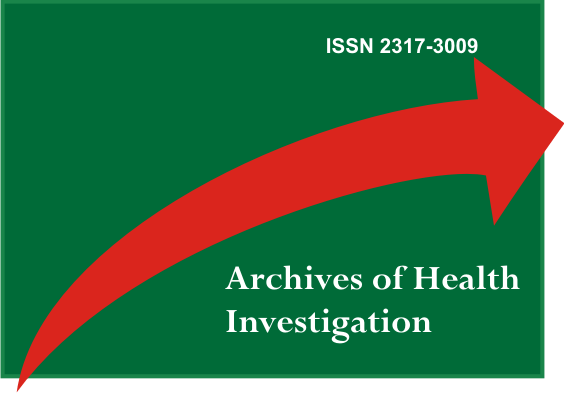Accuracy evaluation of computer-guided implant surgery
Resumo
Three-dimensional images and software are widely used in the diagnosis and surgical planning of rehabilitations with osseointegrated implants, increasing accuracy and safety. The purpose of this study is to evaluate the accuracy of computer-guided implant surgery associated with prototyped surgical guides. The sample consisted of 11 edentulous arches allocated in 8 patients. Each patient was submitted to cone-beam computed tomography (CBCT) scan with a tomographic guide to merge anatomical and prosthetic data followed by the manufacturing of the prototype guide. Flapless guided implant surgery was carried. A second CBCT was taken 30 days after the surgery, to overlap pre-and post-operative data. The angular, coronal, central and apical deviations of the implants actually placed were measured and compared with those virtually planned. Data were submitted statistical analysis.The mean angular deviation was 2.04º. The mean coronal, central and apical linear deviations were 0.68mm,0.72mm and 0.82mm respectively. There was no statistically significant difference between the virtual and the real position of the implants inserted. A tendency toward a greater absolute error was observed in the mandible compared to the maxilla, in terms of angular error (p = 0.047), and central and coronal errors (p = 0.043 and p = 0.031 respectively). Flapless computer-guided implant surgery with virtual planning presented angular and linear deviations; nevertheless, this technique might be considered safe and accurate.Descritores: Cone-Beam Computed Tomography; Dental Implants; Guided Surgery; Software Validation; Stereolithography.
Downloads
Downloads
Publicado
2019-02-05
Como Citar
Santos AFP, Cunha RM, Carvalho PSP, Souza FA, H. H. C. L. C. da S. R. (2019). Accuracy evaluation of computer-guided implant surgery. ARCHIVES OF HEALTH INVESTIGATION, 7. Recuperado de https://archhealthinvestigation.com.br/ARCHI/article/view/4157
Edição
Seção
Clínica Odontológica


